Coronavirus has mercifully killed the beach body
"Swimsuit season" has been canceled. What's taking its place is a lot healthier.

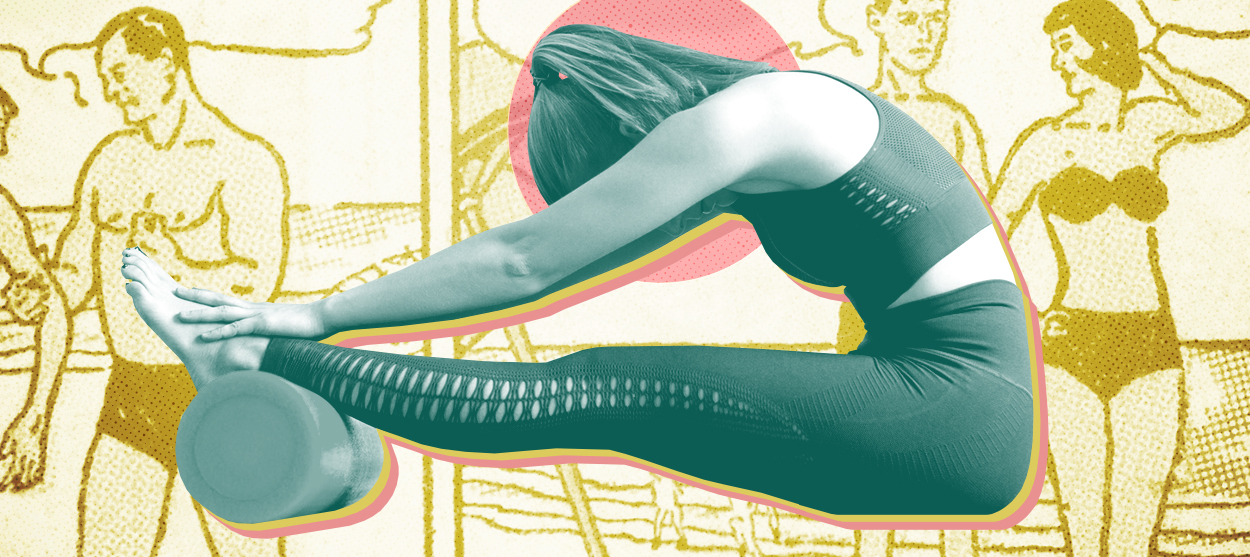
A free daily email with the biggest news stories of the day – and the best features from TheWeek.com
You are now subscribed
Your newsletter sign-up was successful
May is traditionally a terrible month for my self-esteem. Having emerged from layers of sweaters and puffy coats, I'm faced with the first truly beautiful days of the year, days that come with the reminder of the even hotter ones that lie ahead, when I'll eventually have to wear a swimsuit around other people. All my life that's brought with it dread and anxiety, self-loathing and shameful attempts to "self-improve," with a summer deadline.
Of course, May is manufactured to be this way. It's why dated phrases like "swimsuit season" and "bikini body" still conjure up images of idealized bodies; they're the currency of diet-hawkers, predatory gyms and trainers, and social media influencers. But this year is already markedly different: We're in quarantine, and it's radically reorienting our relationship with fitness and wellness.
For the most part, brands haven't been able to publish an advertisement blatantly urging women to get "beach body ready" for years without being slammed by protests and think pieces. Still, May is crunch time for the billion-dollar industry that preys off men and women's insecurities. Even if "beach body" and "bikini body" have become recognizably insidious language, the concept — of slimming down for summer so you can look "good" in fewer clothes — is more difficult to weed out. This weekend, for example, actress and body neutrality activist Jameela Jamil called out a new Instagram ad for a company called "SlimTum" that promoted the idea that "nothing says feminine like an hourglass figure!" Additionally, influencers and celebrities regularly push diet pills and scammy weight loss teas alongside pictures of their professionally-toned bodies. The pressure can be even harder to shut out now too, since it's often couched in the language of empowerment.
The Week
Escape your echo chamber. Get the facts behind the news, plus analysis from multiple perspectives.

Sign up for The Week's Free Newsletters
From our morning news briefing to a weekly Good News Newsletter, get the best of The Week delivered directly to your inbox.
From our morning news briefing to a weekly Good News Newsletter, get the best of The Week delivered directly to your inbox.
Quarantine could easily have exacerbated this negativity about our bodies. For one thing, by definition it requires us to be sedentary; for another, stress can lead us to eat in ways we're told aren't conducive to an optimal figure. And to a certain extent, these things have both been true: There are an alarming amount of jokes out there about getting "quarantine fat" or gaining "the COVID 19." But there's been a counter-revolution too, one pushing back against these conclusions with messages of body positivity, neutrality, and reassurance. Almost every major health and wellness, outdoors, and beauty publication has posted one or more articles about how "It's okay to eat more and exercise less during quarantine" or "It's okay if your body changes during quarantine" and "No one should worry about working out right now." The sentiments are being echoed in social media posts and viral affirmations, too.
The motivators behind exercise are transforming as well. I suspect very few people are using their time in quarantine to fret about what they're going to look like at the beach when no one knows if there will even be a beach we can safely go to in a few months. Instead, workouts are appealing because they're a way to move your body after long days of sitting around or to shake off excess energy. Likewise, exercise is increasingly being turned to for its mental health benefits — the surge in popularity of Yoga with Adriene, for example, reflects a national impulse to find mindfulness through movement.
Additionally, with short term goals stripped away, we're forced to reconnect with the reasons we practice our preferred exercise routines in the first place. I had an entire nine-month calendar of running races fall down around me in March as the coronavirus pandemic ballooned; with no half-marathons in my near future, I briefly wondered why I should keep up a strict running regimen at all. The pandemic has allowed me to re-evaluate what I love about lacing up my shoes in the first place and to find the value in a run for the sake of the run and not some arbitrary end-goal.
Even our relationship with food is evolving. With restaurants closed and expeditions to the grocery store now an ordeal, we're forced to become more purposeful with how and what and when we eat. Habits adopted out of convenience during a busy workday (say, my 19 daily trips to the office candy jar) give way to pre-planned meals and intentional eating. And because we're dining at home almost exclusively, we're also likely eating better, since home-cooked food is "one of the biggest predictors of eating a healthy diet," Dr. Dariush Mozaffarian, a cardiologist and dean of the Tufts Friedman School of Nutrition Science, told Time. (This isn't universally true though; experts also predict "the pandemic [will] widen ... nutritional disparities" since the benefits of eating at home are only available to those who are food secure to begin with). I'm also less "guilty" now when chowing down on my indulgences, such as the occasional cinnamon roll or cookie; there's nothing wrong with deriving pleasure and comfort from food, especially now.
A free daily email with the biggest news stories of the day – and the best features from TheWeek.com
Quarantine offers us a natural opportunity to reorientate why we exercise and eat. These days, it's likely not because we're working toward a certain goal or ideal version of ourselves — all of those parts of life are on hold. Instead, we must fall back on the essentials; moving for the sake of the movement, eating foods because they're what we want to eat.
Even a year in quarantine couldn't entirely rewire us to care less about appearances and more about the way we feel, though. Still, it's an eye-opening place to start. For once, I'm spending May with no expectations of myself — a freedom so sweet and new, I might just not give it up once it's done.
Jeva Lange was the executive editor at TheWeek.com. She formerly served as The Week's deputy editor and culture critic. She is also a contributor to Screen Slate, and her writing has appeared in The New York Daily News, The Awl, Vice, and Gothamist, among other publications. Jeva lives in New York City. Follow her on Twitter.
-
 The Olympic timekeepers keeping the Games on track
The Olympic timekeepers keeping the Games on trackUnder the Radar Swiss watchmaking giant Omega has been at the finish line of every Olympic Games for nearly 100 years
-
 Will increasing tensions with Iran boil over into war?
Will increasing tensions with Iran boil over into war?Today’s Big Question President Donald Trump has recently been threatening the country
-
 Corruption: The spy sheikh and the president
Corruption: The spy sheikh and the presidentFeature Trump is at the center of another scandal
-
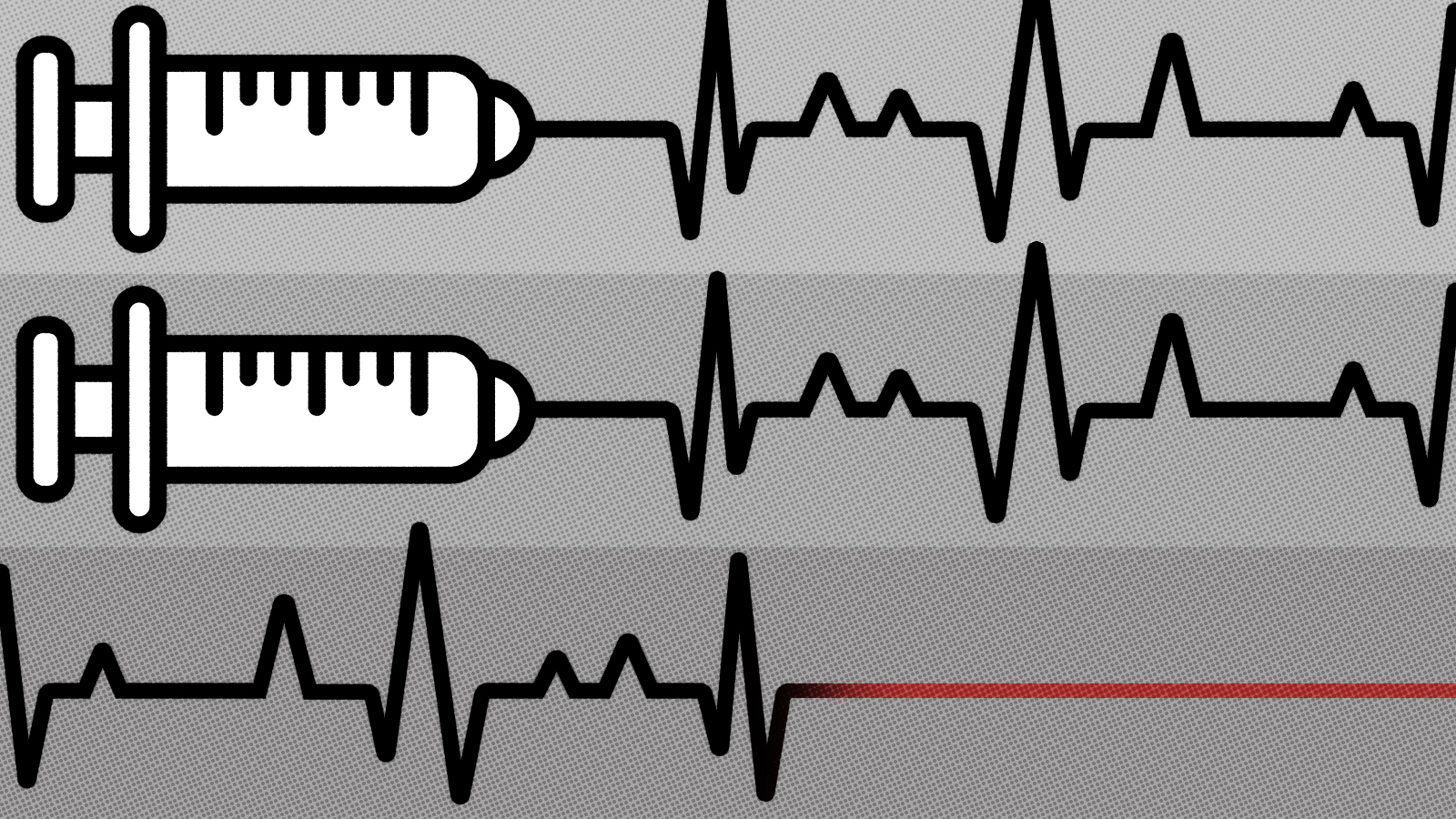 Do unvaccinated COVID patients deserve scarce care? A doctor weighs in.
Do unvaccinated COVID patients deserve scarce care? A doctor weighs in.The Explainer Justice, judgment, and the last ICU bed
-
 How to vaccinate the anti-vaxxers
How to vaccinate the anti-vaxxersThe Explainer Instead of blaming people for not doing the right thing, let's focus on eliminating the obstacles to vaccination that still remain
-
 The U.S. could double its COVID-19 vaccine availability overnight. What's the holdup?
The U.S. could double its COVID-19 vaccine availability overnight. What's the holdup?The Explainer How the FDA could approve a more efficient vaccine rollout
-
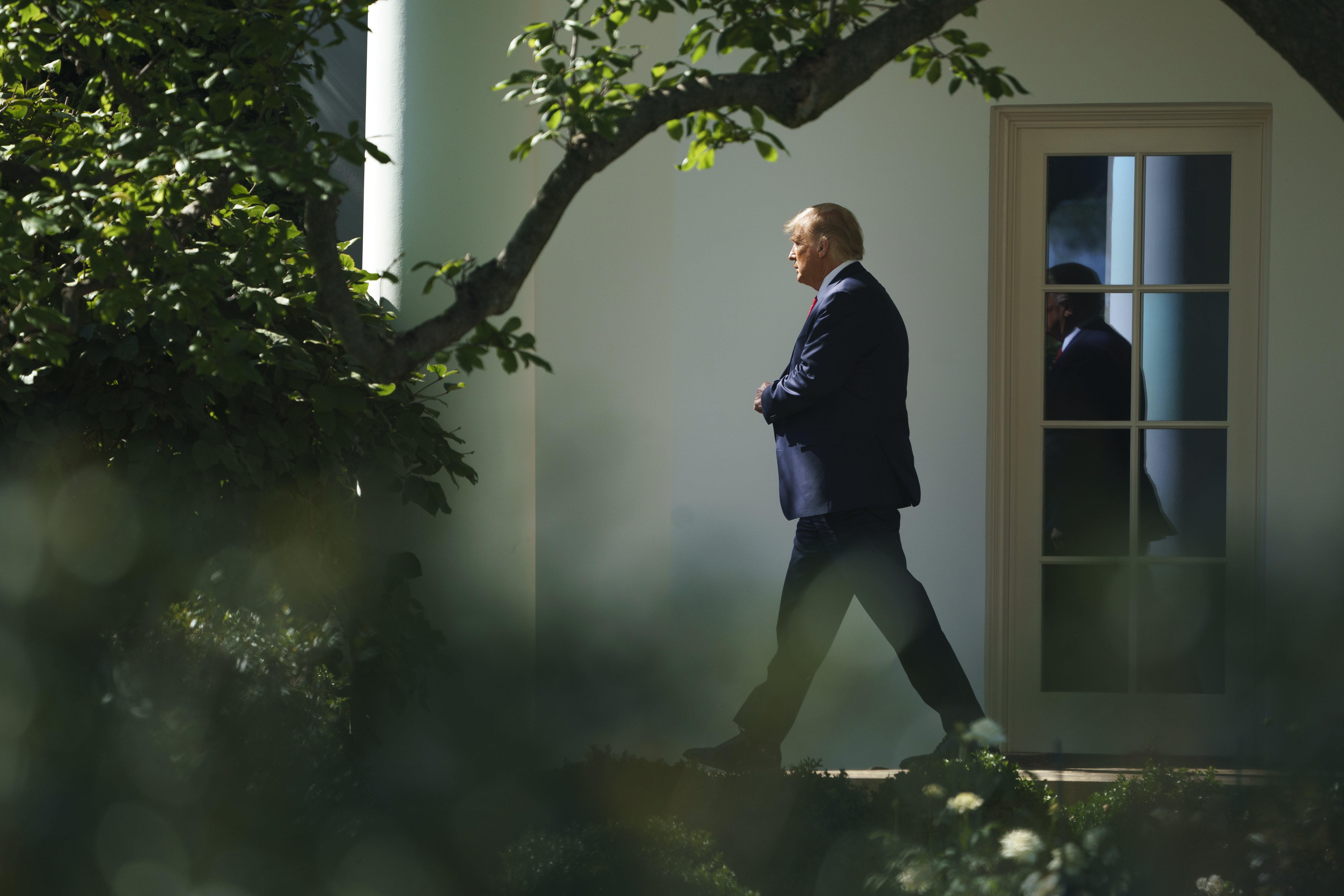 The October Surprise nobody wanted
The October Surprise nobody wantedThe Explainer Trump has COVID-19. Really, 2020?
-
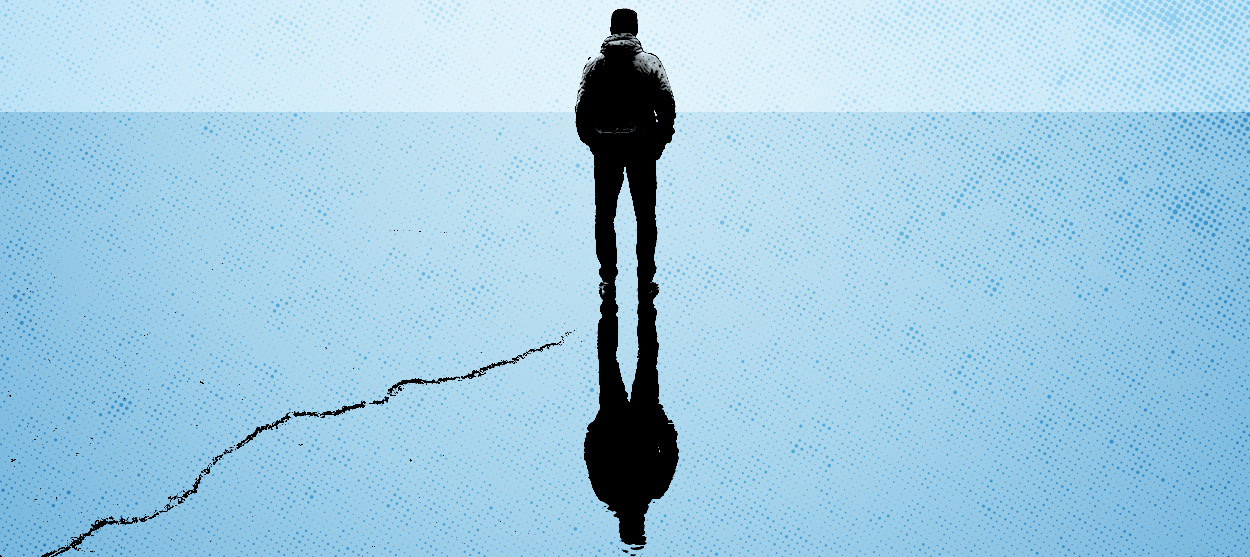 Life is worth living
Life is worth livingThe Explainer What's driving America's rising suicide rate?
-
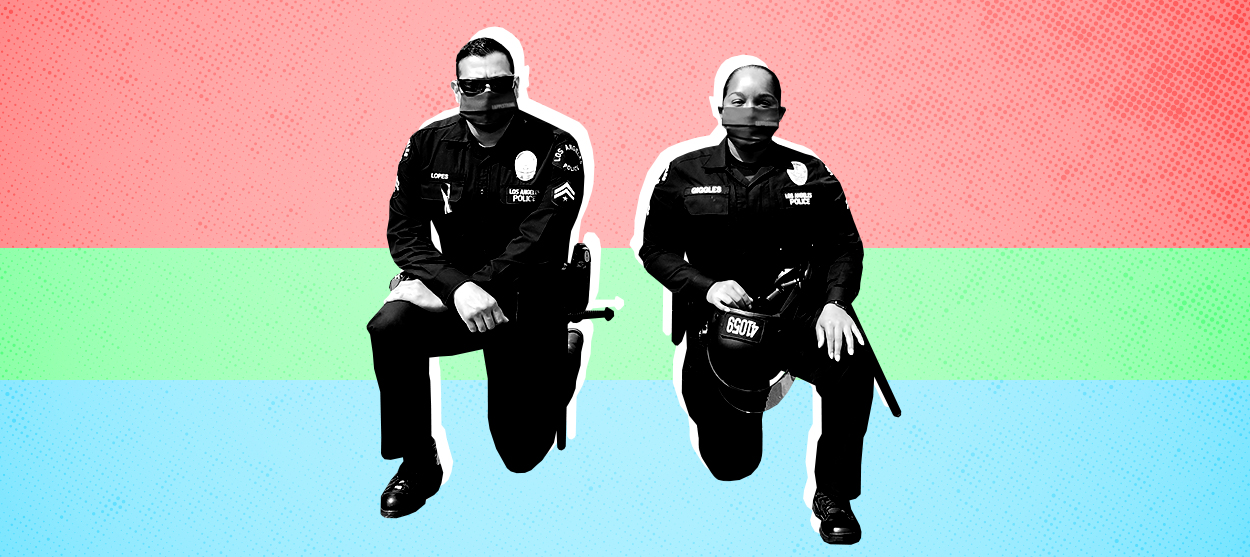 Social workers are masters at de-escalation. Here's what the police can learn from them.
Social workers are masters at de-escalation. Here's what the police can learn from them.The Explainer Knowing how to peacefully resolve conflict, rather than exacerbate it, can save lives
-
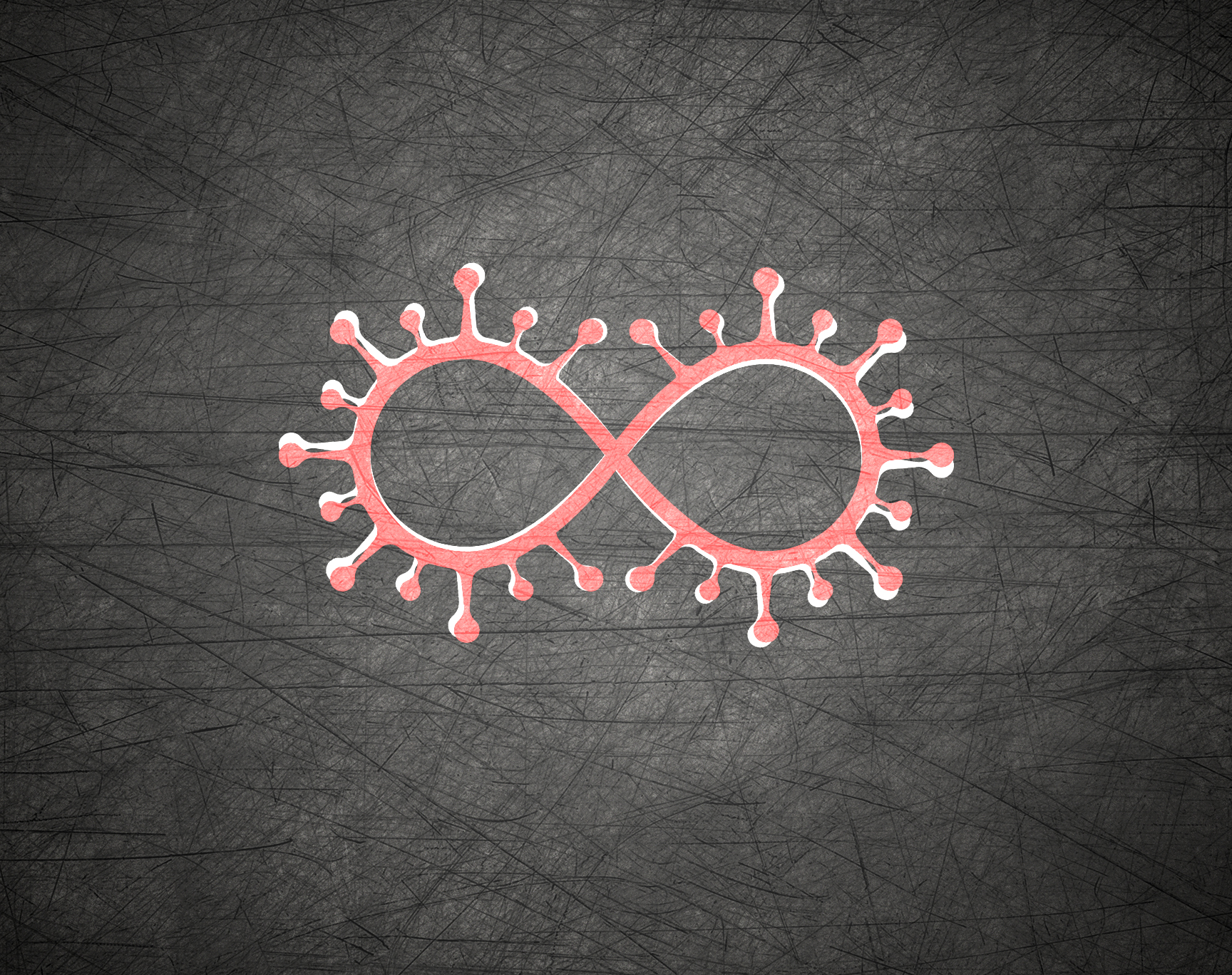 Settling in for the long pandemic
Settling in for the long pandemicThe Explainer Life won't be back to "normal" anytime soon
-
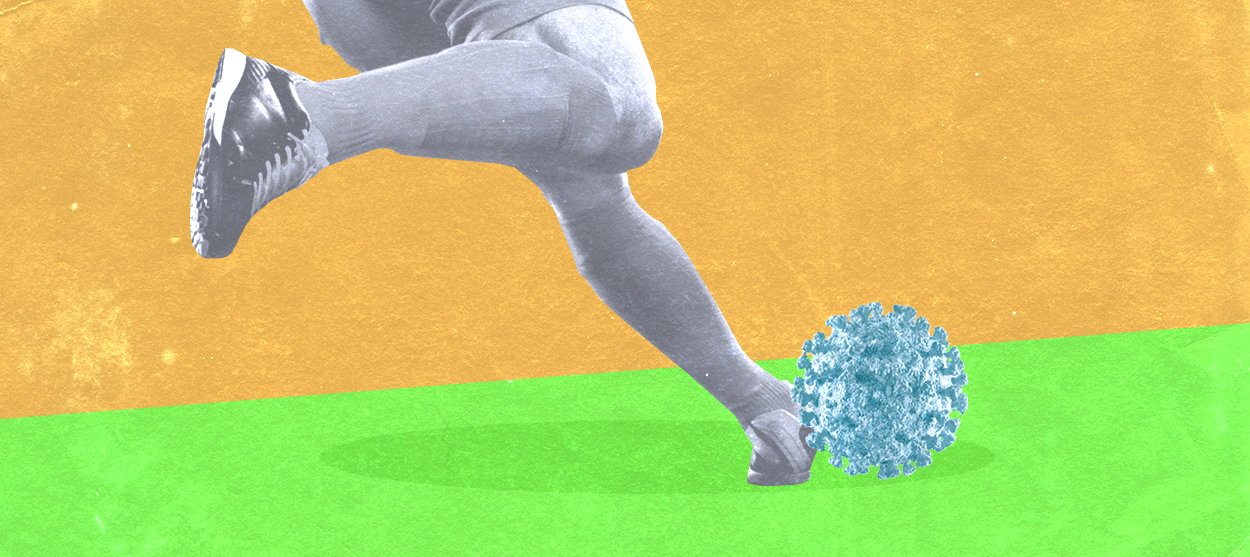 Sports reveal how much America is trailing the rest of the world
Sports reveal how much America is trailing the rest of the worldThe Explainer MLS and other American leagues are stumbling through their pandemic restart plans
